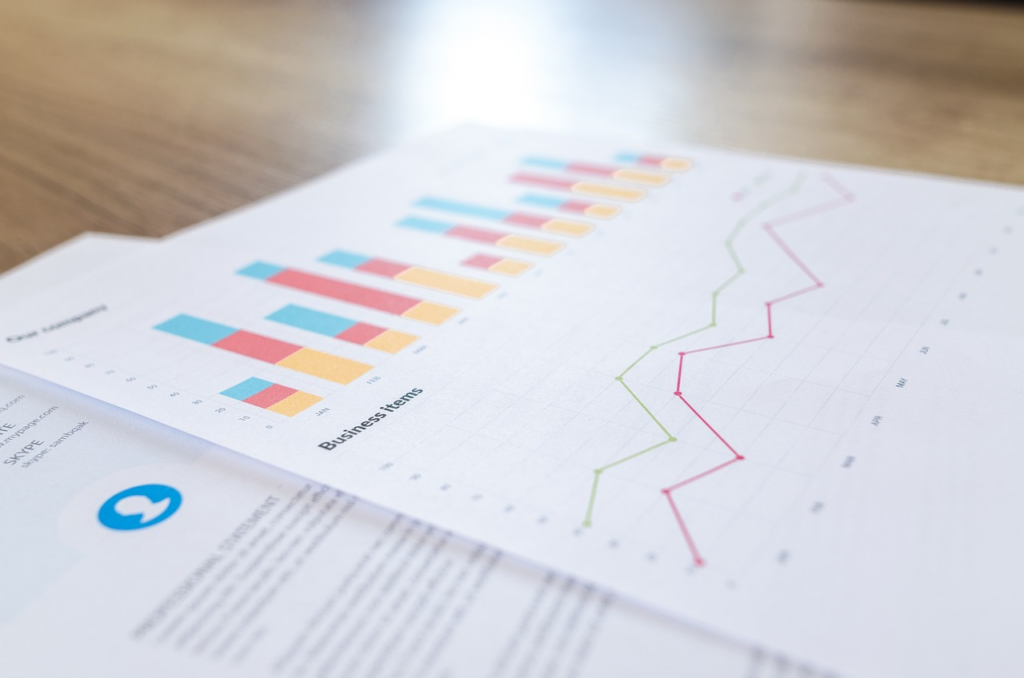Advertisement
Global economic policies play a crucial role in the dynamics of financial markets and, consequently, in individual investments. From financial regulation to interest rates and fiscal policies, the decisions of governments and central banks around the world have a significant impact on investors' portfolios.
1 Interest Rates and Monetary Policy
Interest rates are one of the most powerful tools central banks have at their disposal to influence the economy. When central banks adjust interest rates, they are seeking to achieve a number of economic objectives, such as controlling inflation, stimulating economic growth and stabilizing the financial market.
Advertisement
Influence on Investment Decisions
The impact of interest rates on investment decisions is profound and far-reaching. Firstly, interest rates directly affect the cost of credit. When interest rates are low, loans tend to be cheaper, encouraging investment and consumption.
On the other hand, when interest rates are high, loans become more expensive, which can discourage investment and slow down economic growth.
Advertisement
Fixed Income Investments
For investors in fixed income, such as government and corporate bonds, interest rates are a key determinant of returns. When interest rates rise, bond prices tend to fall, as investors demand higher yields to compensate for the increased opportunity cost.

Similarly, when interest rates fall, bond prices tend to rise, resulting in capital gains for investors.
Impact on Stock Markets
Although the impact of interest rates on stock markets may be more indirect, it is still significant. Lower interest rates tend to boost share prices, as they make fixed income investments less attractive compared to riskier investments such as shares.
In addition, lower interest rates can reduce borrowing costs for companies, stimulating investment and corporate growth, which can boost profits and, in turn, share prices.
Navigating Interest Rate Changes
For investors, it is essential to keep an eye on changes in interest rates and the monetary policy outlook of central banks. This requires a solid understanding of economic fundamentals and careful analysis of central bank communications and relevant economic indicators.
In addition, investors should be prepared to adjust their investment strategies according to changes in market conditions and monetary policies.
2. Fiscal Policy and Government Spending
Fiscal policy decisions, such as tax cuts and increased government spending, also have a significant impact on financial markets and investments. For example, fiscal stimulus measures can boost economic growth and increase investor confidence, leading to gains in the stock markets.
However, expansionary fiscal policies can also increase the budget deficit and public debt, which can have long-term consequences for economic and financial stability.
Investors should pay attention to the fiscal policies of governments and assess how these policies can impact different sectors and asset classes.
3. Financial Regulation and Structural Reforms
Regulatory and structural reforms can also influence investments, especially in specific sectors of the economy. For example, changes in banking regulations can affect investments in financial institutions, while stricter environmental policies can impact companies in the energy and natural resources sector.
Investors need to keep a close eye on regulatory changes and be prepared to adjust their investment portfolios to suit new regulatory environments.
4. Geopolitics and Global Events
In addition to domestic economic policies, investors should also consider geopolitical and global events that can affect the financial markets. Trade tensions between countries, geopolitical conflicts and extreme events such as pandemics and natural disasters can have a significant impact on investments around the world.
International diversification can help investors mitigate the risk associated with geopolitical and global events by ensuring that their portfolios are exposed to a variety of markets and regions.
A key role
Global economic policies play a key role in determining investment returns. Investors must pay attention to central bank decisions, government fiscal policies, regulatory changes and geopolitical events that can affect the financial markets.
By understanding how these global policies and events impact their investments, investors can make more informed decisions and build more resilient portfolios over the long term.
See also: Financial Education: The Importance of Learning to Manage Your Finances Early on
May 4th, 2024
Graduated in Languages - Portuguese/English, creator of Escritora de Sucesso, she also writes for Credittcards, expanding the knowledge of those looking to invest and take care of their finances, through tips and the main news from the universe in question.